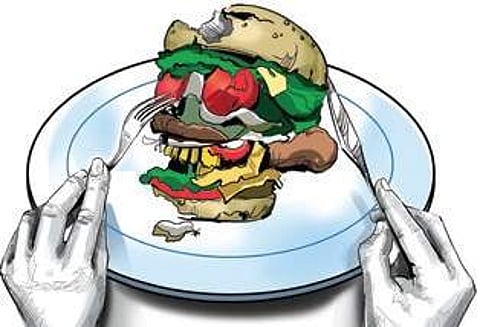

NEW DELHI: Rising consumption of unhealthy diets by Indians may lead to a public health crisis in the form of rapidly increasing obesity and diabetes, said an article published in the international journal Preventive Medicine Research and Reviews.
“Marketing in the food industry plays a significant role in the rampant use of ultra-processed food that leads to lifestyle diseases like diabetes and hypertension,” said the article authored by Dr Arun Gupta, convener, Nutrition Advocacy in Public Interest (NAPi).
To urgently control the Non-communicable diseases (NCD) crisis, the government needs to bring in a public health bill to reduce the consumption of foods high in added sugar, sodium, and fat (HFSS) and ultra-processed foods (UPF), popularly called junk food, said Dr Gupta, who is a former member of PM’s Council on India’s Nutrition Challenges.
In 2017, the government developed a National Multisectoral Action Plan to prevent and control common NCDs to contain rising obesity and diabetes by 2025. As an immediate step, a cut-off limit for sugars, salt or fats in pre-packaged food products must be adopted, he said.
One in four adults is obese and one in four Indians has diabetes, according to the article. “UPF sales are growing by a compounded annual growth rate of 13.7 per cent. Pervasive marketing strategies and advertisements backed by massive budgets is a possible reason for the rise,” it said.
Quoting NAPi’s report, The Junk Push, the article said the food industry does not disclose the the number of nutrients of concern such as sugars, salt or fats in the advertisements.
In 2017, India recommended, through a national multi-sectoral plan, action to prevent and control NCDs using legal measures to have front of the pack labels and a ban on advertisements. It is yet to be implemented, it said.